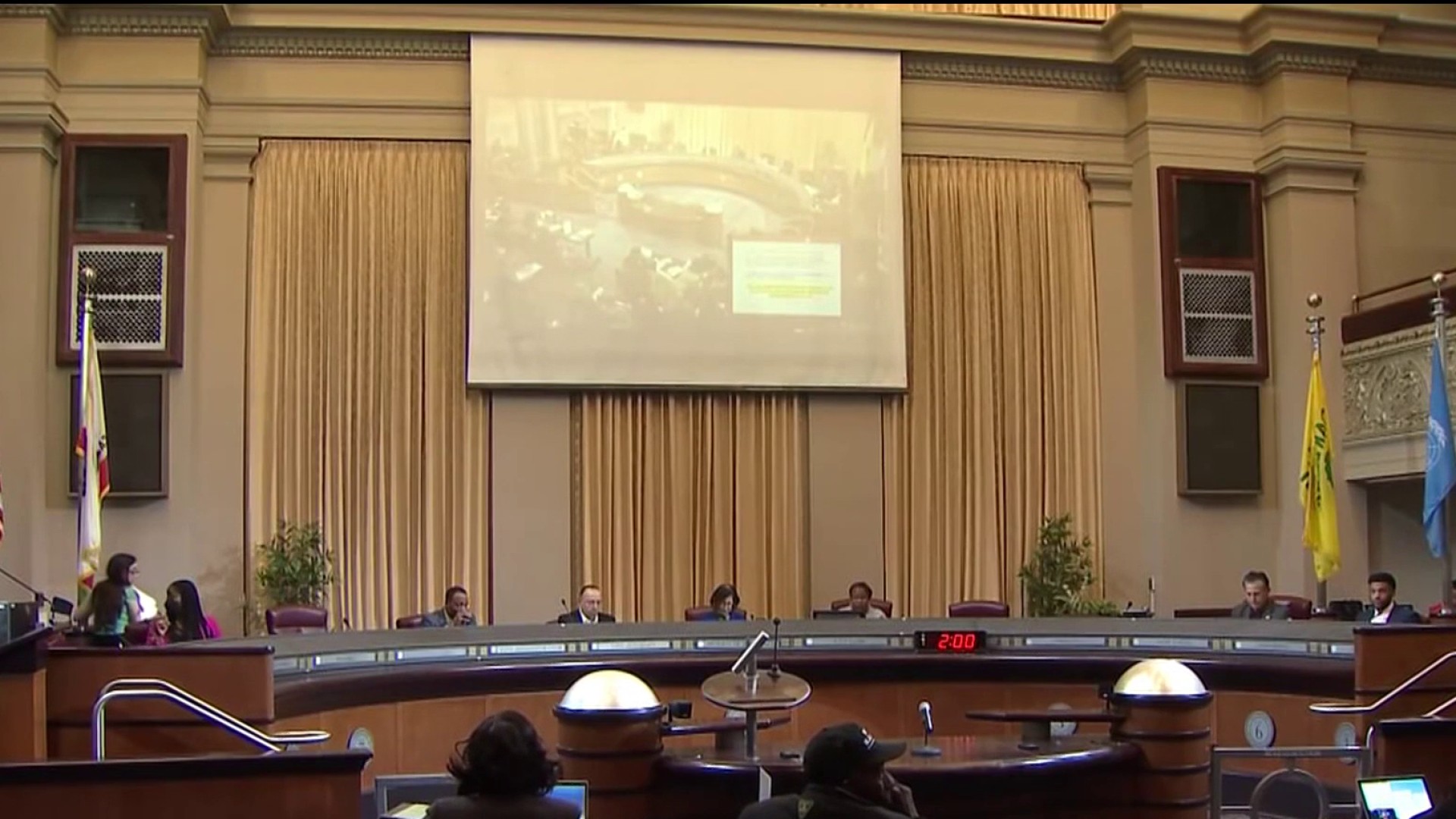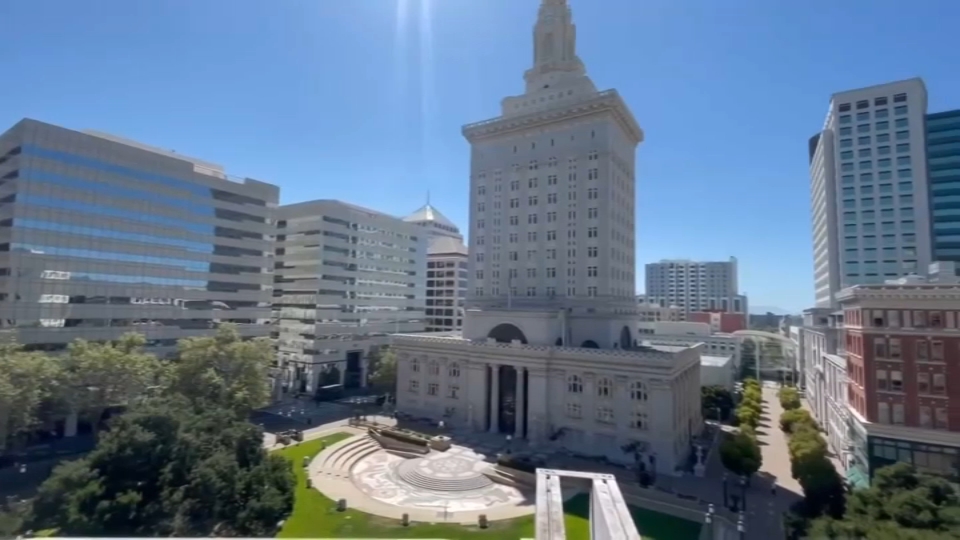The Oakland City Council moved forward Tuesday with a plan to tackle its roughly $130 million budget deficit with major cuts to several departments, including police and fire services.
With a vote of five in favor versus one "no" vote by Councilmember Noell Gallo, the council accepted a bevy of adjustments to the fiscal year 2024-2025 budget.
"We find ourselves in an incredibly difficult budget situation and with this projected deficit there are no easy answers here and most of what's before us is really hard to swallow and nonetheless we are here because as a council we are committed to making sure the city is on solid financial ground," said City Council president Nikki Fortunato Bas.
The "adjustments" are divided into two phases, with the first featuring a little more than $104 million in cuts to city staff and police overtime spending, along with postponing one police academy, temporarily closing two fire stations and transferring money into the general fund from other city sources, including almost $6 million from the Affordable Housing Trust Fund and almost $15 million from the Self Insurance Liability Fund.
The cuts on police overtime spending will impact sideshow enforcement and specialized units. But the police union said it doubts the city will be able to significantly reduced OT If they want to keep the city safe.
“What service are we going to give up and ultimately when we give up certain type of service?” said Sgt. Huy Nguyen, president of the Oakland Police Officers Association. “We're going to see an increase in crime and people are going to be impacted.”
It also includes nearly $10 million in an excess balance from the city's Emergency Reserve fund.
The second phase of the plan would cut nearly $16 million by laying off 92 people and could close more fire stations, among other things.
Oakland fire chief Damon Covington will select which station will be temporarily closed.
Get a weekly recap of the latest San Francisco Bay Area housing news. Sign up for NBC Bay Area’s Housing Deconstructed newsletter.
“I want to make sure we get it right,” he said. “There is no station in our city that can do without. We need all of our stations open, and we need more stations actually, but we are going to be very deliberate on the ones that we choose.”
Prior to the council's vote, dozens of people pleaded for less painful cuts to services, including Seth Olyer, vice president of the city's firefighters' union.
"I'm at a loss for words," Olyer said. "I don't understand the fiscal decision to close one-third of the fire department and the idea that that will be a sustainable city."
The firefighter’s union warns that residents should expect delays in an emergency and it's planning to fight to stop all the closures.
“We also have a negotiated service level in that staffing agreement that specifies that you can only brown out fire stations if certain conditions are met and we don’t believe that all those conditions have been met,” Olyer said.
City union members from other departments said the council isn't doing enough to rein in police spending, to vigorously collect the business taxes owed to the city and to cut bloated management salaries.
While the council's decision Tuesday was intended to dig Oakland out of its immediate $130 million hole, the city is still facing projected ongoing "structural" deficits of between $130 million and $150 million.
Some long-term solutions include potentially merging some departments, like the Department of Transportation with Public Works, and making more drastic cuts to spending.
Oakland city services will also be reduced, and layoffs or reassignments are expected for nearly 100 city workers, including around 30 public works employees.
A city workers union said they believe the cuts will ultimately cost the city more in the long run.
“A lot of the things that we do is invisible because it works. But its like the sewer system breaks down and starts to back up, that’s us. Those are the things we keep from happening,” said Felipe Cuvas, SEIU executive board member and Oakland city worker.
On Monday, the council took a step to at least partially address future fiscal quagmires by placing a half-cent sales tax on the April special election ballot.
If approved by a majority of voters, the measure would hike the city's sales tax from 10.25% to 10.75% in order to raise from between $20 million and $30 million annually for the next ten years.



